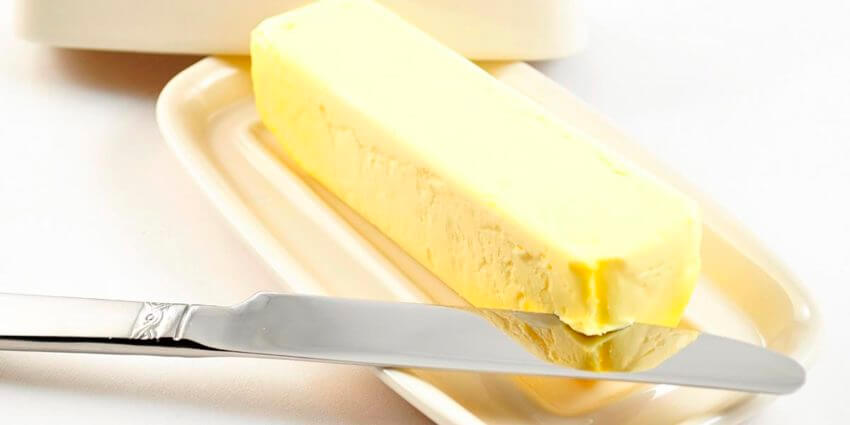In a study out of the University of Illinois – Urbana they found that butyrate reduces inflammation in the brain. Inflammation in the brain is associated with various disorders, including Alzheimer’s and Parkinson’s Disease. Low butyrate levels are also associated with intestinal inflammation.
“butyrate inhibits production of damaging chemicals by inflamed microglia. One of those chemicals is interleukin-1ß, which has been associated with Alzheimer’s disease in humans.” — University of Illinois – Urbana
Microglial cells are important for normal brain health and in cell regeneration. They are the “macrophage cells” for the brain and spinal cord. Microglial cells accumulate at the site of damage and inflammation to remove cellular debris, or even parts of damaged cells. Though microglia cells are critical to good brain health, chronic inflammation can lead an over accumulation of these cells. Butyrate appears to both help reduce with the chronic inflammation and to reduce the levels of damaging chemicals produced by high levels of microglia.
Previous studies looked at supplementing the diet of mice with sodium butyrate (a supplement that is also very useful for gut health, with much more information in Chapter 2 of The Gut Health Protocol). This study evaluated a high-fiber diet and found that it was equally valuable. Mice on the high-fiber diet were better protected from brain inflammation. They also found that older mice on a low-fiber diet developed intestinal inflammation, those on a high-fiber diet did not. Intestinal inflammation is associated with a wide-range of intestinal issues, including inflammatory bowel disease, leaky gut, and chronic bloating.
“On the other hand, when old mice consumed the high-fiber diet, their intestinal inflammation was reduced dramatically, showing no difference between the age groups. Johnson concludes, ‘Dietary fiber can really manipulate the inflammatory environment in the gut.’ “
Butyrate is found in some dairy foods, especially butter. But the amounts are not high enough and most of it will be absorbed before reaching the colon (which requires butyrate for intestinal health). When you smell butter, you are smelling butyrate, it is produced in the cows gut and included in the milk for the benefit of the calf. When butter is produced from this milk the butyrate is found in the butter fat of the milk.
Researchers said that they were “comfortable” extending the results of this mouse study to humans. Other studies have already shown strong correlations with butyrate benefits in humans; the mouse and human studies have closely correlated.
If you do not tolerate soluble fibers this is a sign of an intestinal imbalance of the bacteria in your gut, collectively known as the microbiome. Your microflora needs to be balanced, containing beneficial bacteria and very little unwanted / pathogenic bacteria. These unwanted strains can consume the fiber while not producing any butyrate; in fact these strains can actually produce toxins (such as lipopolysaccharides) which can produce more inflammation! They can also drive out beneficial strains by various means (consuming their food, changing the local environment to one inhospitable to them, and actually producing bactericides that kill beneficial bacteria).
The Gut Health Protocol and Phage Complete can help correct this imbalance. Consuming a diet high in vegetables and low sugar fruits is the best way to increase butyrate levels. Soluble fiber supplements, such as larch tree arabinogalactan are also very helpful. But your gut needs to be in good working order for bacteria to convert this fiber into butyrate and other short chain fatty acids (SCFA) that provide us with so many health benefits.
All images posted by John Herron are either "Copyrighted John Herron", or are copyrighted by someone else and are used under license. So please don’t use them elsewhere, you’ll get in trouble.


 Phage Complete comes with a full 30 day money back guarantee, for U.S. purchases this includes the original shipping charges to you!
Phage Complete comes with a full 30 day money back guarantee, for U.S. purchases this includes the original shipping charges to you!
if the body can’t stand any soluble fibers, excepted carrots, adding sodium butyrate at the beginning of the kill phase could be a good option? Normally, how long do we have to wait to get first positive results?
cheers
Yes, adding sodium butyrate during the kill phase can help. I don’t recommend it in the book because if someone has diarrhea a few times per day most of the butyrate will be (literally) wasted. Results vary considerably from person to person based on their condition(s).
Sound information, thank you!